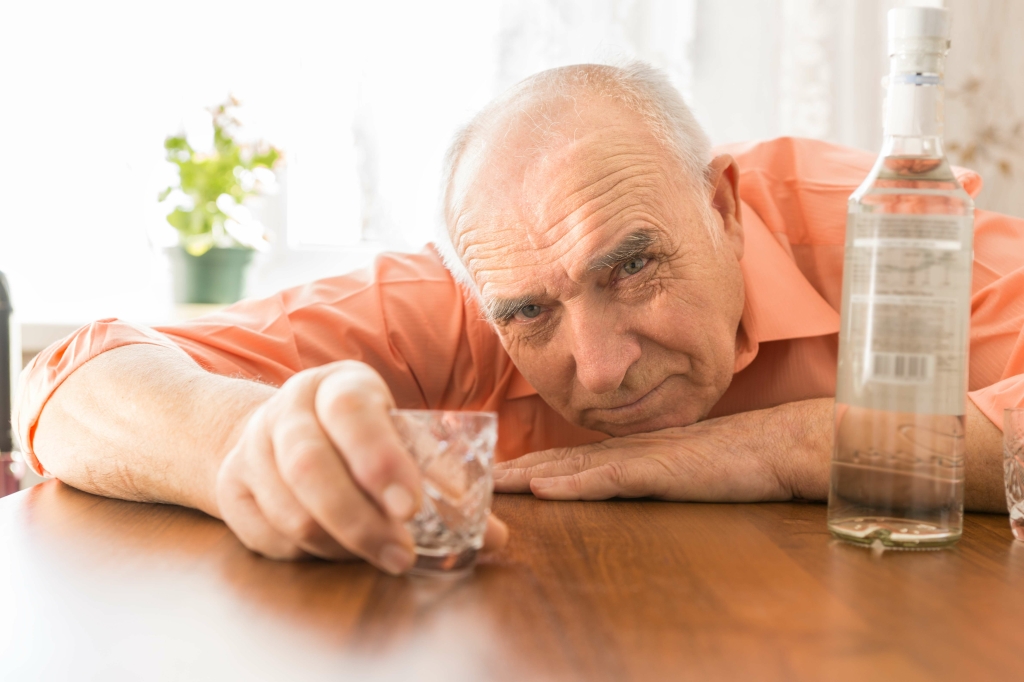Over time, mindful eating will help you develop a more intuitive relationship with food. Instead of using sugar to numb uncomfortable feelings, you’ll learn to recognise and address your emotional needs in healthier ways. Regular activity also improves sleep and boosts self-esteem, two more areas that can suffer in early recovery. The benefits compound over time, making it easier to resist quick fixes like sugar and helping you feel more in control of your cravings and your body. Aim to drink consistently throughout the day rather than waiting until you feel thirsty. A good rule of thumb is to keep a reusable water bottle nearby and take sips regularly.
- Drug rehab success depends on treatment approaches, personal motivation, support systems, and aftercare, all of which influence long-term recovery and relapse prevention.
- Wine and spirits contain minimal carbohydrates, with only a trace amount in spirits and approximately four grams in a five-ounce glass of wine.
- Hypoglycemia can also occur hours after drinking, especially if combined with exercise 6.
- For more information on alcohol and its effects, you can explore our articles on what is alcohol?
- If you experience withdrawal symptoms, like anxiety, agitation, sweating, or hallucinations, it’s best to talk to a healthcare provider, according to the American Addiction Centers.
The Importance of Nutrition During Residential Recovery
Understanding the components of sugar addiction and the neural adaptations that occur can shed light on why recovering alcoholics often experience cravings for sugar. By recognizing these factors, individuals in recovery can make informed decisions about managing their sugar intake and prioritize their overall well-being. Understanding the microbiome’s influence on sugar cravings is crucial for individuals in recovery from alcohol addiction. A comprehensive approach to recovery should consider the impact of the microbiome, genetics, and neurobiology on sugar cravings, while also focusing on proper nutrition and overall well-being. Cravings for sugar have been found to be strongly linked to alterations in microbiome composition and neuroactive potential over time in individuals with alcohol dependency.

Addressing loneliness in early sobriety

As seen in the table, alcoholic beverages such as beer and white wine have significantly higher glycemic indexes compared to spirits like vodka. This means that consuming these alcoholic beverages can lead to more pronounced fluctuations in blood sugar levels, potentially triggering intense sugar cravings. When amphetamine addiction treatment exploring the intricate relationship between alcoholism and sugar cravings, it is essential to consider the biological factors that contribute to this phenomenon. Two key biological factors that play a significant role are the dopamine and reward pathways in the brain, as well as the impact alcohol has on brain chemistry. Managing addiction cravings is crucial, as individuals might turn to sugary alternatives as coping mechanisms. Indeed, research shows that addictions to substances other than alcohol can also lead to sugar cravings.
- Alcoholics often experience deficiencies in essential vitamins and minerals due to higher alcohol intake compared to food consumption.
- Understanding the effects of sugar on the brain can shed light on why individuals with alcohol use disorder often experience strong cravings for sugar.
- When insulin resistance occurs, the cells have difficulty absorbing glucose, resulting in higher blood sugar levels.
- These genetic variations may contribute to an increased desire for sweet-tasting substances.
Implications for Recovery and Health

These factors collectively contribute to why alcoholics often find themselves drawn to sugary foods. The craving for sugar in individuals with alcohol dependency is influenced by a myriad of factors. These can include metabolic changes, alterations in brain function, and hormonal fluctuations resultant from chronic alcohol consumption. Chronic drinkers may face deficiencies in essential vitamins and minerals, as the intake of alcohol usually surpasses that of food. Inresponse to these deficiencies, the body may signal a need for nourishment through cravings for sugar 1. Sugar cravings can replace alcohol cravings, potentially leading to a sugar addiction.
This activation of the reward pathway can contribute to the development of cravings for both alcohol and sugar. Moreover, alcohol can disrupt the body’s blood sugar regulation, leading to fluctuations in glucose levels. Additionally, alcohol withdrawal symptoms, such as anxiety and irritability, can also contribute to an increased desire for sugar as a form of comfort or self-medication. However, another study suggests consuming sweets in early recovery poses a risk for treatment outcomes.
Excessive sugar intake can act as a substitute, potentially leading to what is known as ‘transfer addiction,’ where one substance replaces another. Sugar cravings are prevalent among individuals in recovery from addiction due to several intertwined biological and psychological factors. One core reason is that sugar stimulates the release of dopamine in the brain, similar to the effect of addictive drugs. This response provides a temporary sense of pleasure, which can be particularly appealing to those who are adjusting to sobriety. The altered brain chemistry from substance abuse creates a vacuum for pleasure that sugar seems capable of filling, making it a common target for cravings.
By addressing the underlying factors and implementing healthy coping strategies, recovering alcoholics can mitigate their cravings for sugar and focus on their overall well-being. Stress is a major trigger for alcohol cravings and can also contribute to sugar cravings in alcoholics. When a person experiences stress, their body releases the hormone cortisol, which can increase blood sugar levels. In response, the body may crave sugary foods or beverages to help regulate these levels.
This can lead to medical complications, increasing the risk of type 2 diabetes and other cardiovascular diseases. Besides increasing cravings, alcohol consumption affects blood sugar levels in multiple ways. Alcohol is known to alter brain chemistry by increasing the release of dopamine, leading to feelings of relaxation and well-being.
A separate study done and presented at the 9th ISBRA Congress showed support for an association between sweets and a genetic predisposition for alcoholism and a family history. In the study 61 percent of individuals with a positive family history of alcoholism preferred sugar solutions. This is extremely high compared to the 19 percent of individuals who preferred sugar solutions and who reported no known negative family or genetic histories of alcoholism. In this study, it was found that there is evidence that links the consumption of sweets and alcohol between humans and animals, and their preferences for such. The study shows that preference for sweets can be genetic, but that there is a link between a preference for sugar as well as alcohol.
How to address financial challenges caused by addiction
Over time, regular alcohol consumption can lead to changes in brain chemistry, affecting reward pathways and increasing the risk of cravings. Alcohol consumption typically boosts dopamine levels, providing a euphoric feeling that many recovering individuals may seek to replicate through sugary foods. This relationship creates a cycle where the pursuit of sugar becomes a method for compensating for the dopamine rush once derived from alcohol. As a result, alcoholics may develop a preference for foods high in sucrose, as these offer immediate energy and relief from low blood sugar levels.
Then find healthier alternatives to satiate your cravings, such as fruits and increasing your protein intake. Coaching can provide individualized strategies factoring your particular state and needs. Moreover, starting your day with a glass or two of water can set a positive tone for your body’s hydration requirements.
The Power of Routine in Preventing Relapse
Research has shown that the consumption of both alcohol and sugar can stimulate these receptors, leading to a reward response 2. Fruits like apples, oranges, and bananas are great choices as they contain natural sugars which can satisfy your cravings while providing necessary micronutrients to your body. Likewise, nuts and seeds which are rich in protein and healthy fats can keep you satiated and help in balancing your blood sugar levels. Focusing on do alcoholics crave sugar healthy, natural alternatives can be an effective way to manage your sweet tooth after quitting alcohol.

